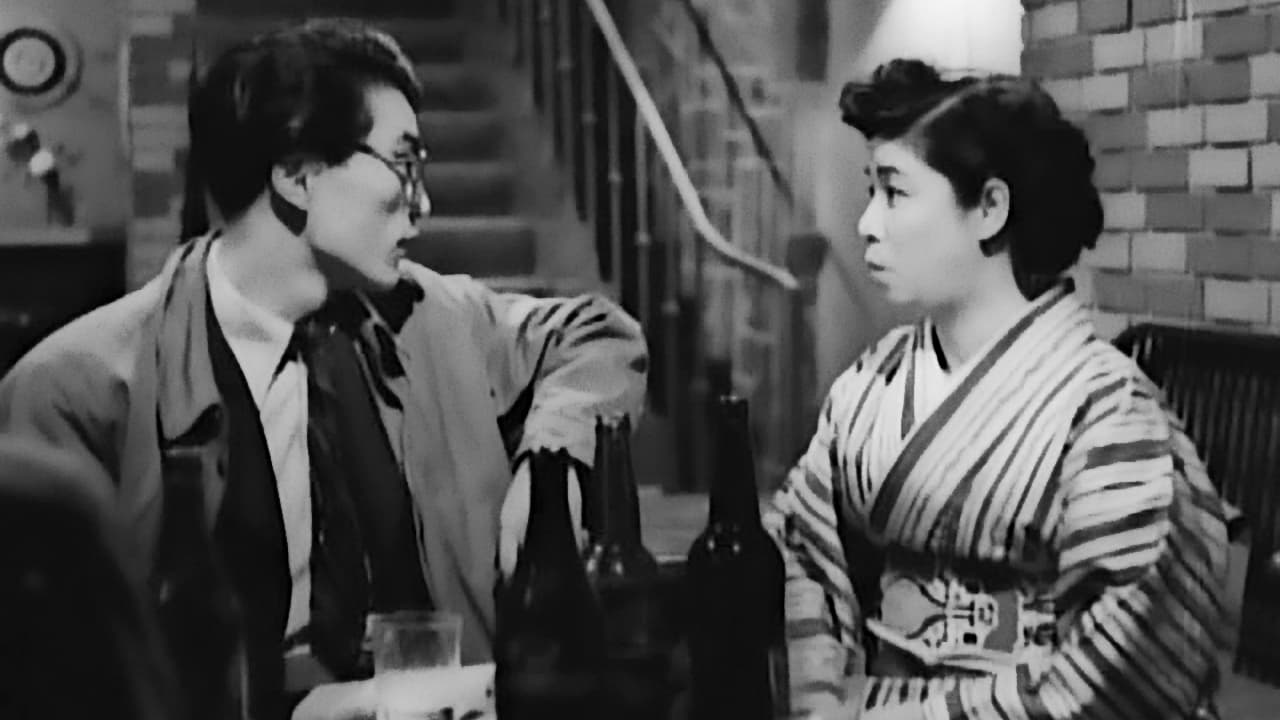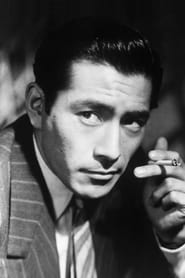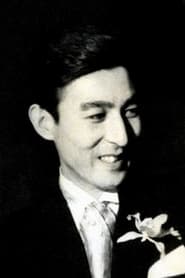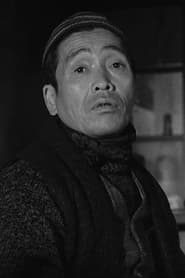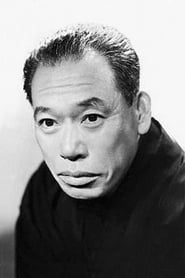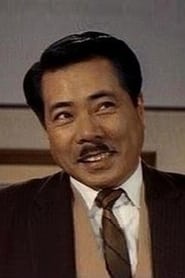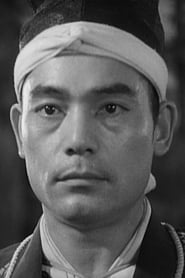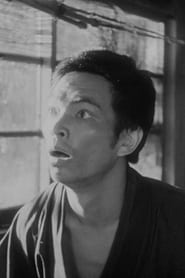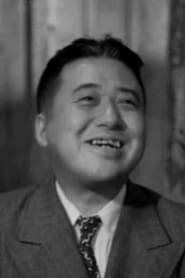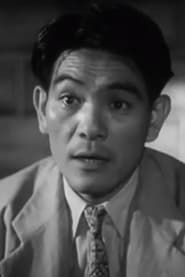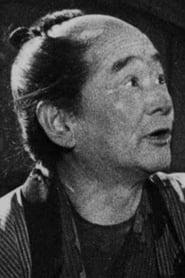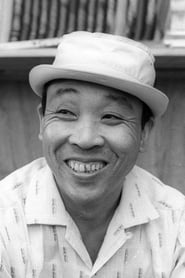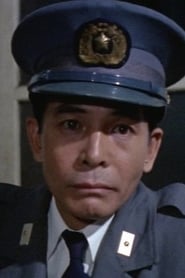The best Yoshio Kosugi’s movies
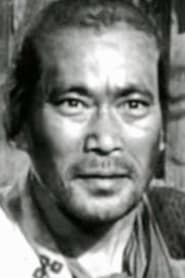
If you love cinema, you will share this ranking of the best Yoshio Kosugi’s movies, although you may have ordered them differently. In any case, we hope you love it and with a little luck discovering a movie that you still don’t know about Yoshio Kosugi.
King Kong vs. Godzilla
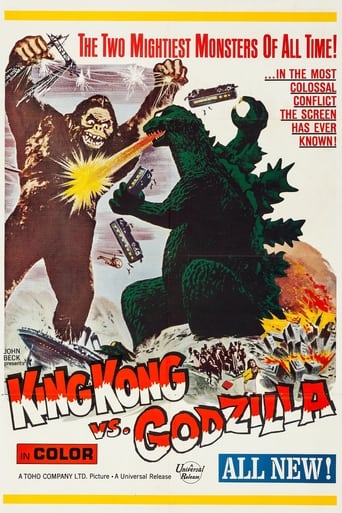
6.2/10
Japanese-Release Version. Tako, advertising director of Pacific Pharmaceuticals, is frustrated with the low ratings of their sponsored TV program and seeks a more sensationalist approach. He orders his staff off to Faro Island, capturing King Kong to exploit for marketing. As Godzilla re-emerges, a media frenzy generates with Tako looking to capitalize off of the ultimate wrestling match.
Seven Samurai
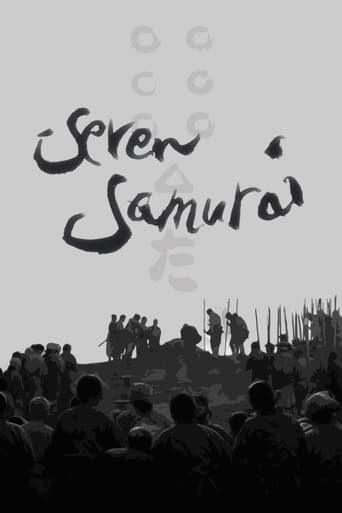
8.6/10
A samurai answers a village's request for protection after he falls on hard times. The town needs protection from bandits, so the samurai gathers six others to help him teach the people how to defend themselves, and the villagers provide the soldiers with food.
King Kong vs. Godzilla
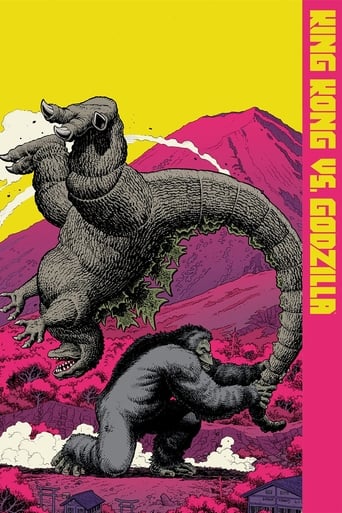
5.7/10
US version. The re-edited John Beck version of the film: released outside of Japan and restructured with new footage of American actors centering around a news report plot not present in the original. Eric Carter of United Nation News is joined by Dr. Arnold Johnson as a prehistoric monster emerges from hibernation while a pharmaceutical company seeks publicity with their own monster.
Ghidorah, the Three-Headed Monster
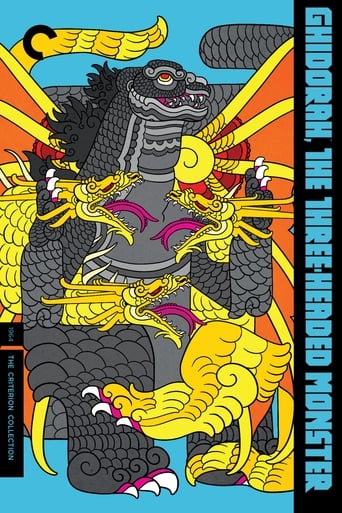
6.5/10
A meteor lands in Kurobe Valley as detective Shindo is assigned to protect Princess Salno from assassination. She emerges under the guise of a Venusian prophetess and catches the attention of journalist Naoko and Mothra's fairies by predicting a powerful space monster's arrival. The infant Mothra must convince Godzilla and Rodan to set aside their hatred of humanity or face the monster alone.
Mothra vs. Godzilla
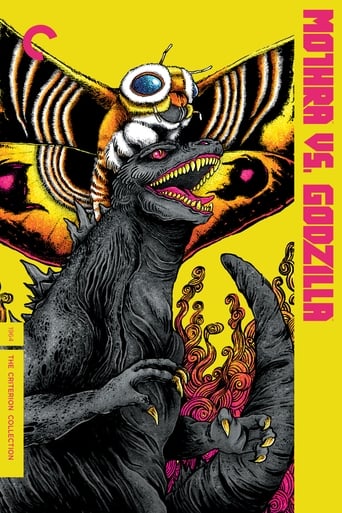
6.5/10
Journalists Ichiro Sakai and Junko cover the wreckage of a typhoon when an enormous egg is found and claimed by greedy entrepreneurs. Mothra's fairies arrive and are aided by the journalists in a plea for its return. As their requests are denied, Godzilla arises near Nagoya and the people of Infant Island must decide if they are willing to answer Japan's own pleas for help.
Sanshiro Sugata
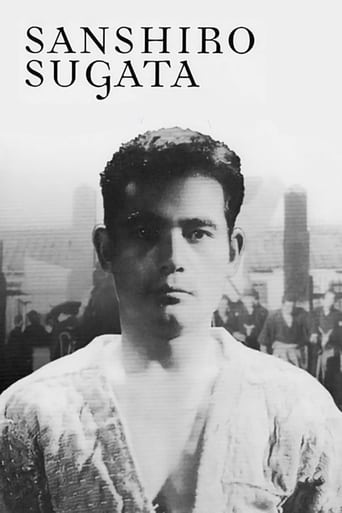
6.7/10
The story of Sanshiro, a strong stubborn youth, who travels into the city in order to learn Jujutsu. However, upon his arrival he discovers a new form of self-defence: Judo. The main character is based on Shiro Saigo, a legendary judoka.
The Rickshaw Man
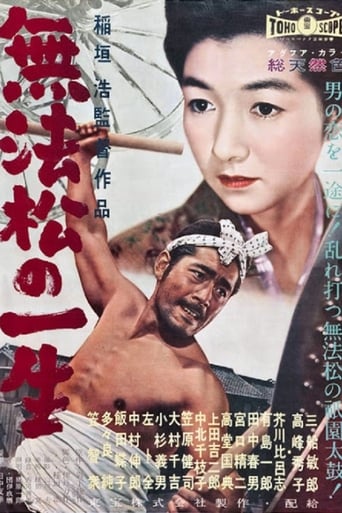
7.6/10
The story of Muhōmatsu, a rickshaw man who becomes a surrogate father to the child of a recently widowed woman.
The Hidden Fortress
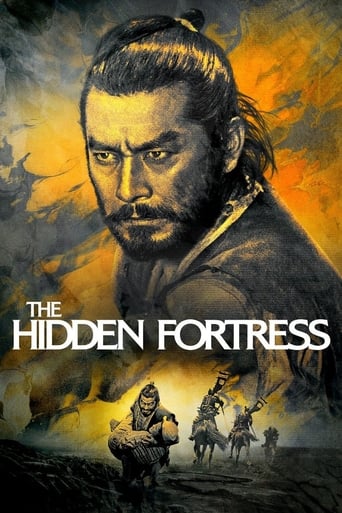
8.1/10
Japanese peasants Matashichi and Tahei try and fail to make a profit from a tribal war. They find a man and woman whom they believe are simple tribe members hiding in a fortress. Although the peasants don't know that Rokurota is a general and Yuki is a princess, the peasants agree to accompany the pair to safety in return for gold. Along the way, the general must prove his expertise in battle while also hiding his identity.
The Human Condition I: No Greater Love
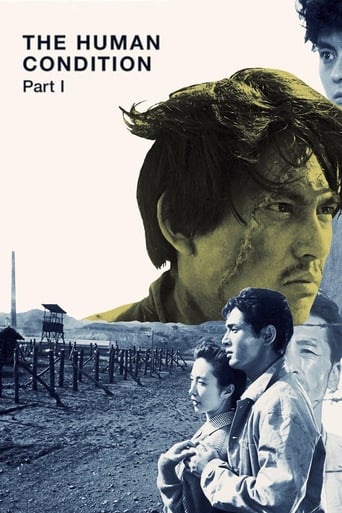
8.5/10
During the Second World War, Japanese conscientious objector Kaji works as a supervisor in a Manchurian prison camp. He hopes to avoid duty as a soldier, but he also hopes to be helpful to the welfare of his prisoners. But an unexpected incident bring problems to Kaji's goals. He faces the possibility of transferral to combat--or worse.
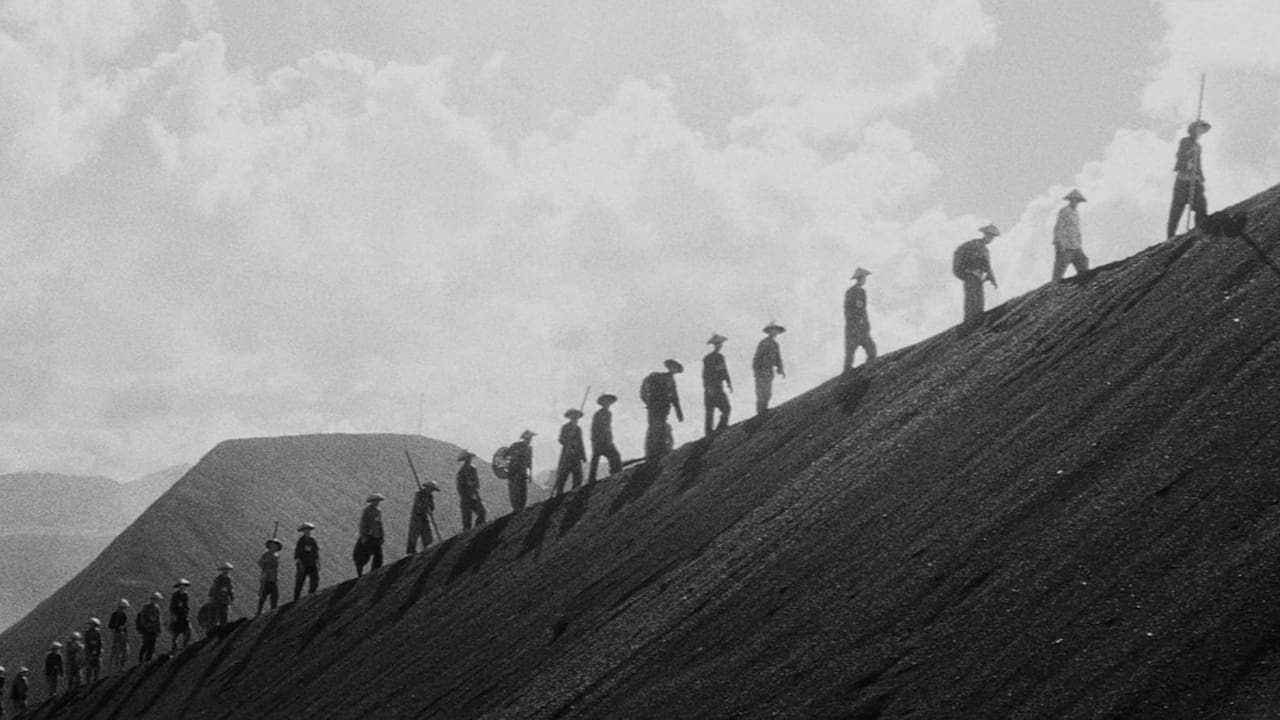
Mothra
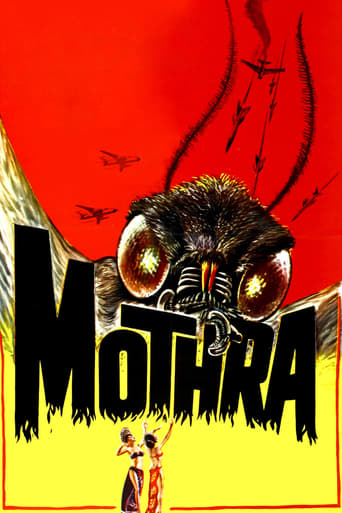
6.6/10
Shipwreck survivors found on the presumably uninhabited Infant Island leads to a scientific expedition that discovers a surviving native population along with the Shobijin, tiny twin fairy priestesses of the island's mythical deity called Mothra. After the fairies are kidnapped by an exploitative businessman named Clark Nelson, Mothra sets out to rescue them.
Frankenstein Conquers the World
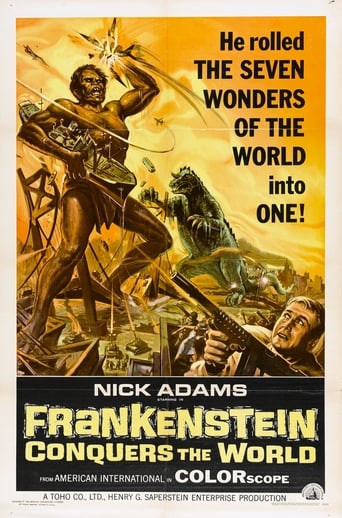
5.5/10
During WWII, Germans obtain the immortal heart of Frankenstein's monster and transport it to Japan to prevent it being seized by the Allies. Kept in a Hiroshima laboratory, it is seeming lost when the United States destroys the city with the atomic bomb. Years later a wild boy is discovered wandering the streets of the city alone, born of the immortal heart.
Samurai I: Musashi Miyamoto
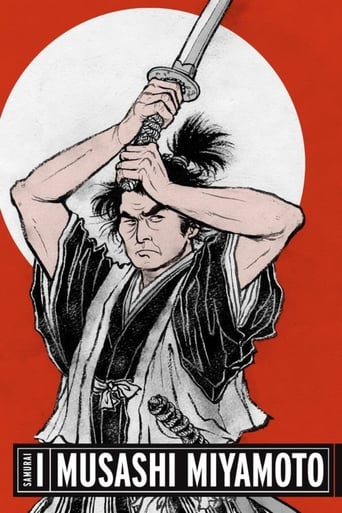
7.4/10
Struggling to elevate himself from his low caste in 17th century Japan, Miyamoto trains to become a mighty samurai warrior.
The Mysterians
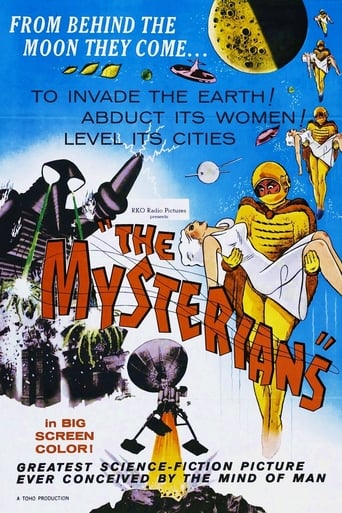
6.1/10
In Japan, scientifically advanced invaders from the war-destroyed planet Mysteroid cause an entire village to vanish, then send a giant robot out to storm the city by night, after which they request a small patch of land on Earth and the right to marry earthling women, claiming to be pacifists. Mankind must decide whether to capitulate or to resist.
Japan's Longest Day
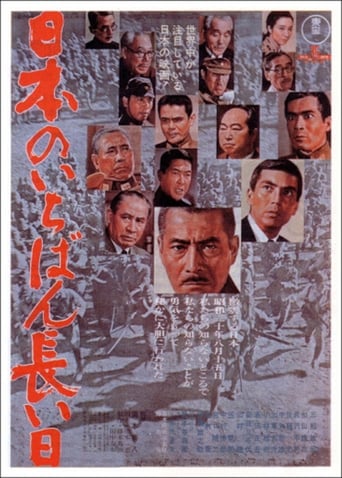
7.7/10
Following the detonation of the atomic bombs on Hiroshima and Nagasaki, the Japanese military and the government clash over the demand from the Allies for unconditional surrender. Minister of the Army Anami leads the military officers who propose to fight on, even to the death of every Japanese citizen. Emperor Hirohito, however, joins with his ministers in asking the unthinkable, the peaceful surrender of Japan. When the military plots a coup to overthrow the Emperor's civilian government, Anami must face the choice between his desires and loyalty to his Emperor.
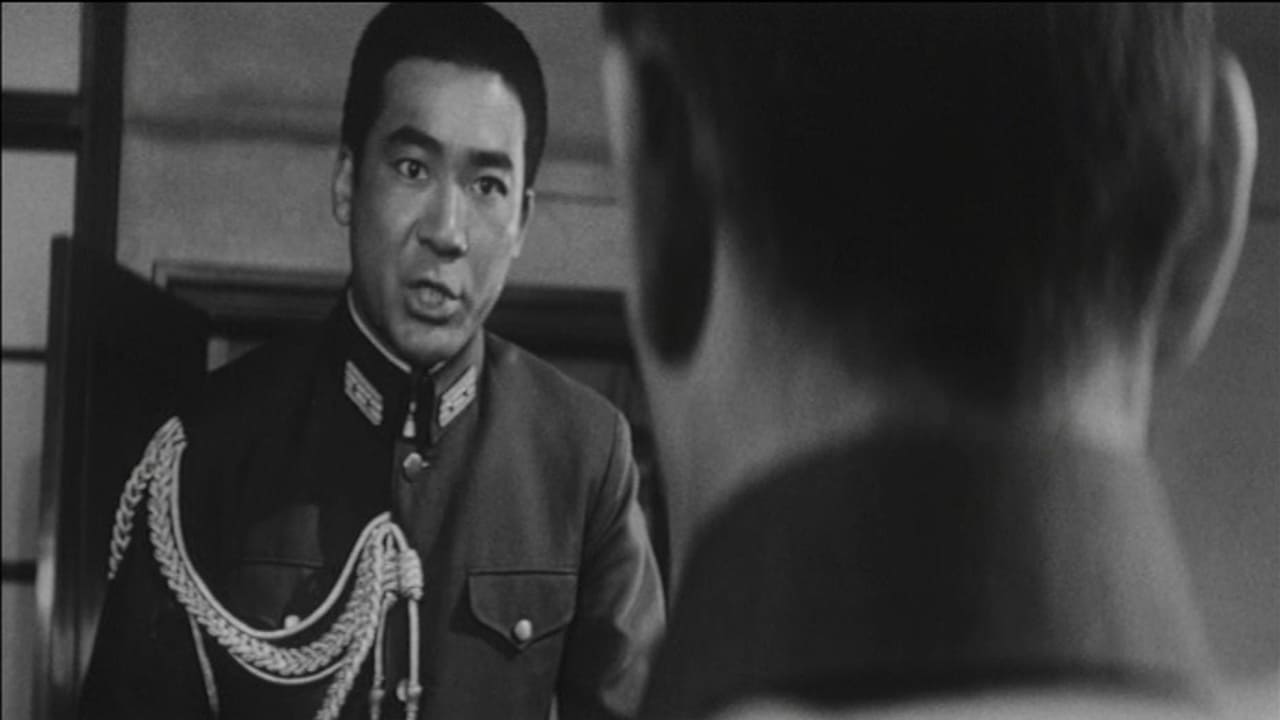
47 Ronin
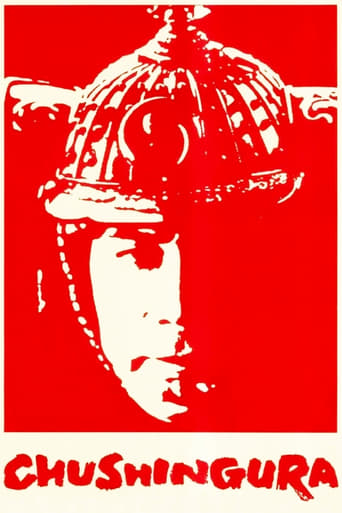
7.6/10
The story tells of a group of samurai who were left leaderless (becoming ronin) after their daimyo (feudal lord) was forced to commit seppuku (ritual suicide) for assaulting a court official named Kira Yoshinaka, whose title was Kōzuke no suke. The ronin avenged their master's honor after patiently waiting and planning for over a year to kill Kira. In turn, the ronin were themselves forced to commit seppuku for committing the crime of murder.
The Men Who Tread on the Tiger's Tail
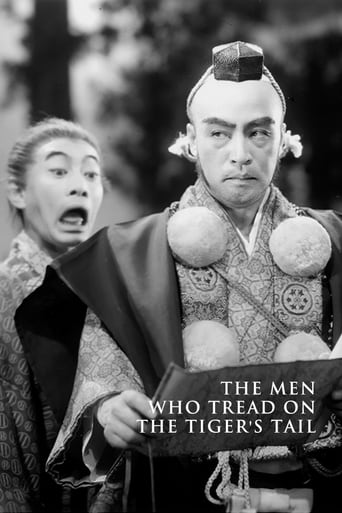
6.7/10
Yoshitsune Minamoto, disguised with his retinue as monks, must make do with a comical porter as their guide through hostile territory en route to safety.
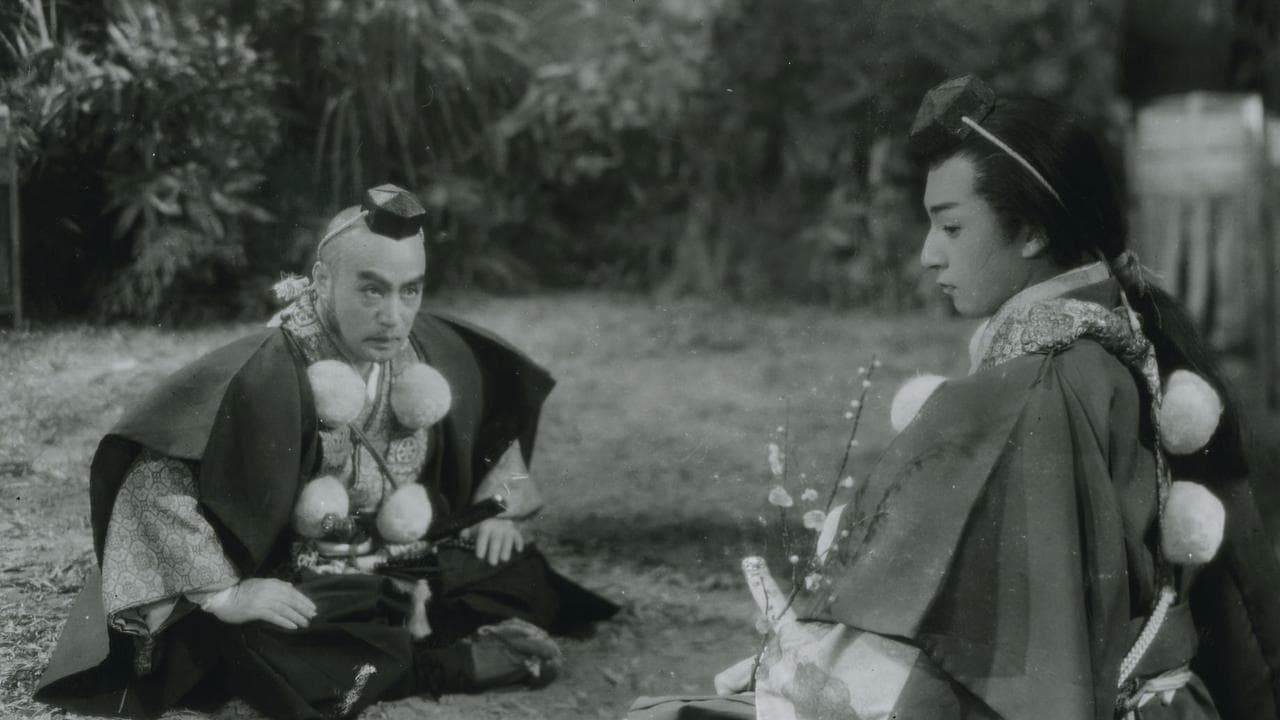
Half Human: The Story of the Abominable Snowman
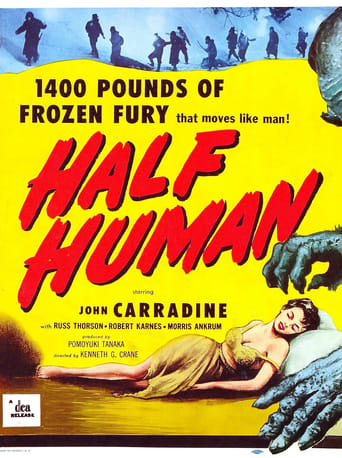
3.8/10
An American scientist tells two colleagues about the finding of an abominable snowman living in the Japanese alps, where it is worshipped by a remote tribe as a god, and how it was discovered by modern man after it raided a ski-ers' shelter following an avalanche, killing all inside. This is an adaptation of the Japanese film Ju Jin Yuki Otoko with added American-made footage, narration and music track.
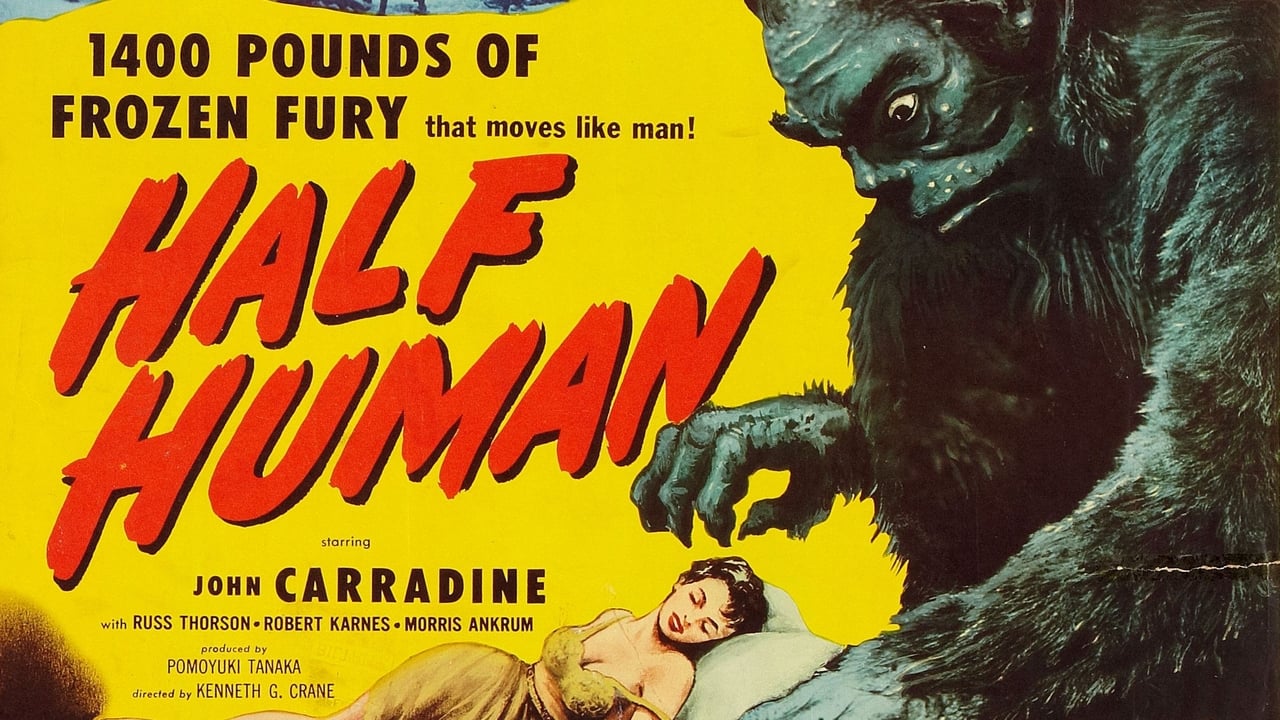
The Legend of the White Serpent
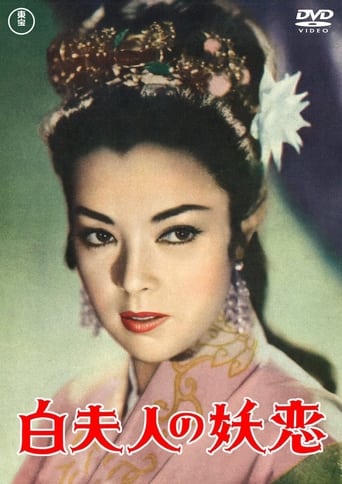
6.4/10
Lavish Japanese-Chinese coproduction based on an ancient Chinese legend about a man who falls in love with a snake goddess in human form.
Snow Trail
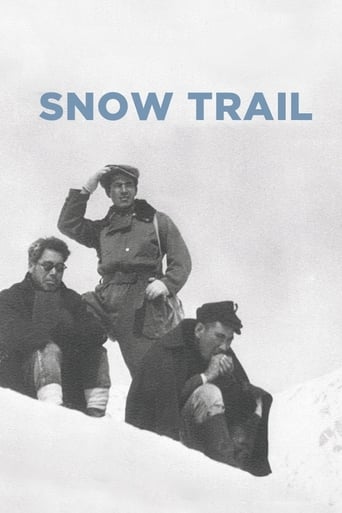
7.2/10
Three bank robbers, Eijima, Nojiri, and Takasugi, flee the police and escape into the mountains. At an inn high in the Japanese Alps, Eijima and Nojiri encounter a young woman and her father, as well as Honda, a mountaineer. The inn folk do not realize their guests are wanted criminals and the visitors are treated with great kindness. Honda volunteers to lead them over the mountains, but Eijima's paranoia endangers all of them as they make the perilous trip.
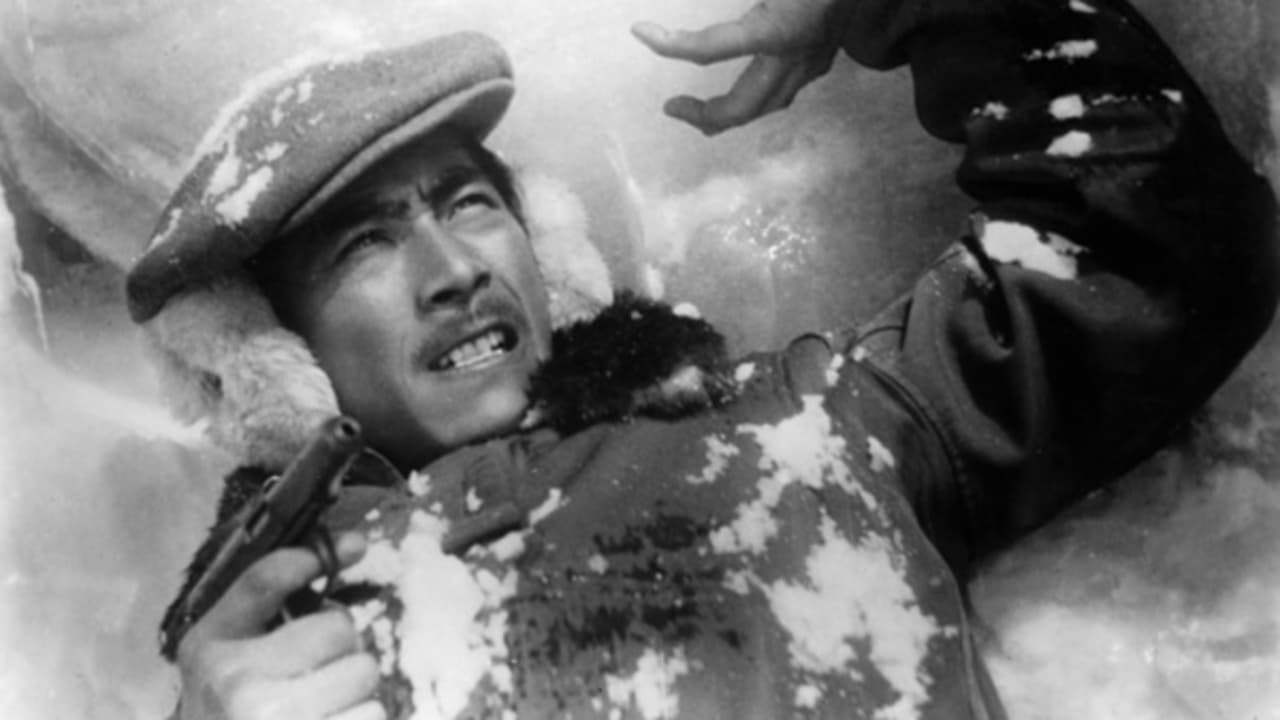
Ginza Cosmetics
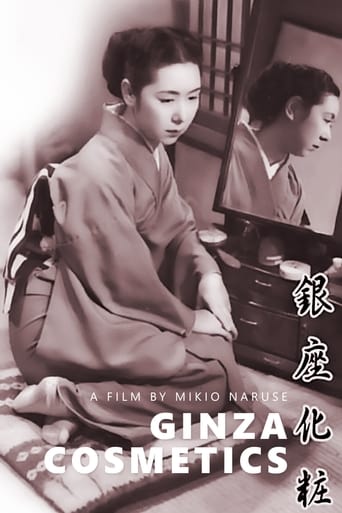
7/10
Italy is usually cited as the anchor of the neo-realist movement in cinema, but Mikio Naruse's Ginza Cosmetics (1951) is a reminder that Japan had its own output equally rooted in realism. Set in Tokyo's Ginza district, this low-key, lyrical unassuming account of a few days in the life of a luckless geisha (Kinuyo Tanaka), as she struggles to make a living for herself and her young son, has few dramatic highs or artificial moments, but possesses a startlingly vivid power in its slice-of-life texture.
